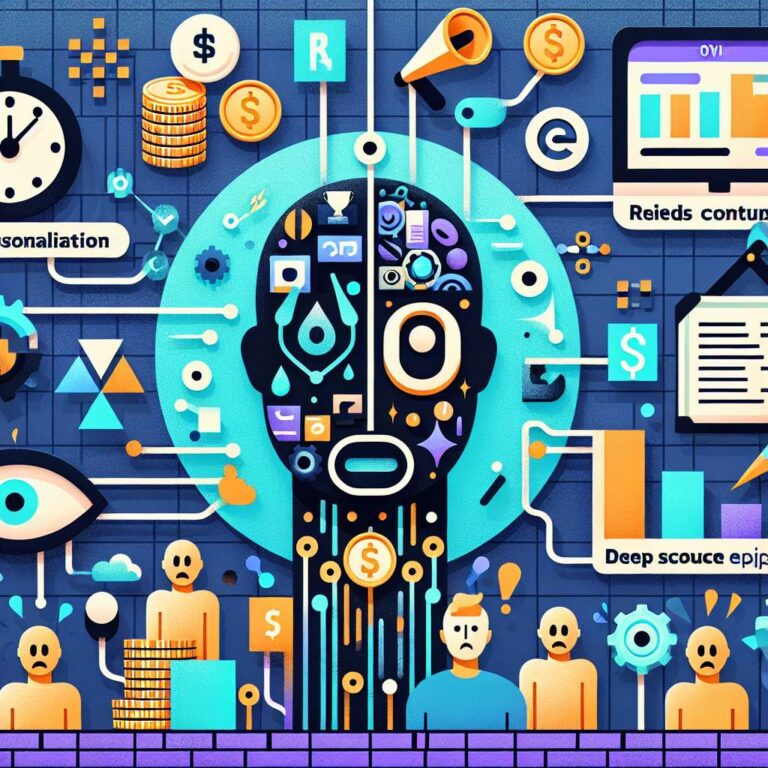Character AI’s Ovi, developed with Yale collaboration, is an open-source text-to-video system that produces synchronized audio and video clips with reported 97% human-like quality. The model uses a dual-backbone cross-modal architecture that accepts text or text-plus-image prompts and delivers physics-accurate motion, lip sync, and realistic effects. Ovi supports a base resolution of 720×720 with upscaling options, frame rates up to 24 fps, and generation times that scale from under 40 seconds for a 5-second clip to the newly announced 17-second outputs. The project is hosted on GitHub and is accessible via REST APIs and ComfyUI workflows, with quantized model runs reported to require a minimum of 24GB of GPU memory.
Early adopters report commercial benefits tied to personalization features. Multiple sources cited in the article attribute a 71% revenue lift to hyper-personalized videos that create talking characters from text prompts. Platforms and reviewers highlight Ovi’s speed and fidelity compared with contemporaries such as Google Veo and OpenAI Sora, and reviews note Hugging Face Spaces demos and WaveSpeedAI API availability that remove cold starts. Case studies and user posts indicate practical generation times for short clips and integrations into content pipelines, with TheJoAI noting up to 10-second clips produced in 30 to 60 seconds in some workflows.
At the same time, Ovi’s rise has intensified creator anxiety. The article reports that 32% of creators surveyed express fear over job displacement and the erosion of human creative labor. Social posts cited in the coverage describe AI content as potentially soulless and raise concerns about misinformation and deepfakes despite safety guidelines that restrict disallowed activities. Character AI’s public communications and Yale’s involvement are framed as attempts to bring ethical rigor to development, but critics argue transparency and mitigation measures may be insufficient to address long-term displacement and misuse risks.
Looking toward market impact, the article positions Ovi as likely to accelerate adoption of always-on, context-aware video generation in marketing, education, and creator tools. Observers point to potential adoption of monetization and copyright controls similar to other platforms, and industry commentary suggests Ovi could reshape content creation markets in 2026 and beyond while prompting regulatory and industry responses to balance innovation with creator protections.

